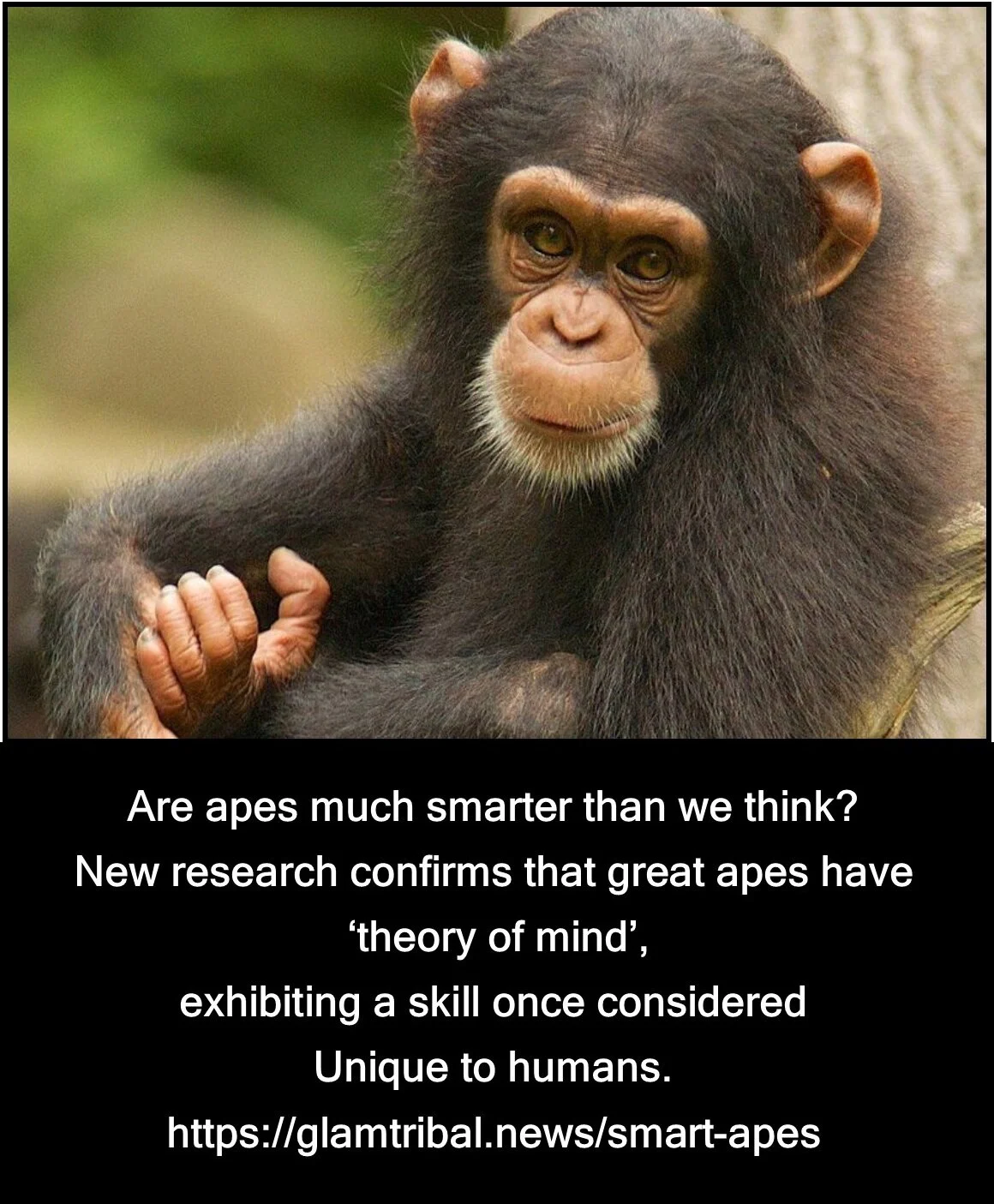Great Apes May Use Their Own Experience to Guess What Others Will Do, Giving Them 'Theory of Mind'
/Great Apes May Use Their Own Experience to Guess What Others Will Do, Giving Them 'Theory of Mind'
As researchers led by Fumihiro Kano of Japan’s Kyoto University report in Proceedings of the National Academy of Sciences, the findings add to a growing body of evidence indicating non-human animals possess “theory of mind,” or the ability to attribute mental states—including beliefs, desires and knowledge—to oneself and others.
According to Cosmos’ Tanya Loos, the study builds on a 2016 investigation also co-authored by Kano. The previous paper, published in the journal Science, showed that great apes are capable of recognizing when others are operating under a false set of assumptions—a key component of theory of mind.
To determine primates’ capacity for understanding false belief, Kano, lead coauthor Christopher Krupenye of Duke University and their colleagues conducted a series of anticipatory looking tests. In the 2016 experiment, great apes watched videos of humans—one dressed as a gorilla—hiding an object and then guessing where it was. One video showed the gorilla-suit actor hiding an object while another human watched. The person then had to guess where the object was hidden. A second video showed the gorilla-suit actor hiding an object after the other human left the room. When the person returned, they had to guess where the object was hidden.





